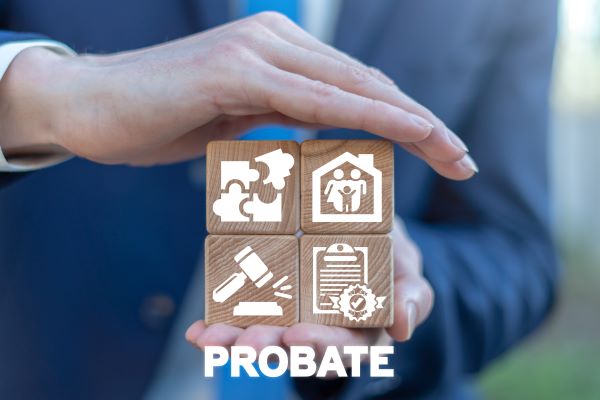An Overview of How Elder Law Attorneys Benefit Seniors and Their Families
In elder law, a certified elder law attorney (CELA) represents aging adults and their families in legal matters. Elder law encompasses a wide range of legal matters affecting an older or disabled person. Issues related to guardianship, retirement, health care…










